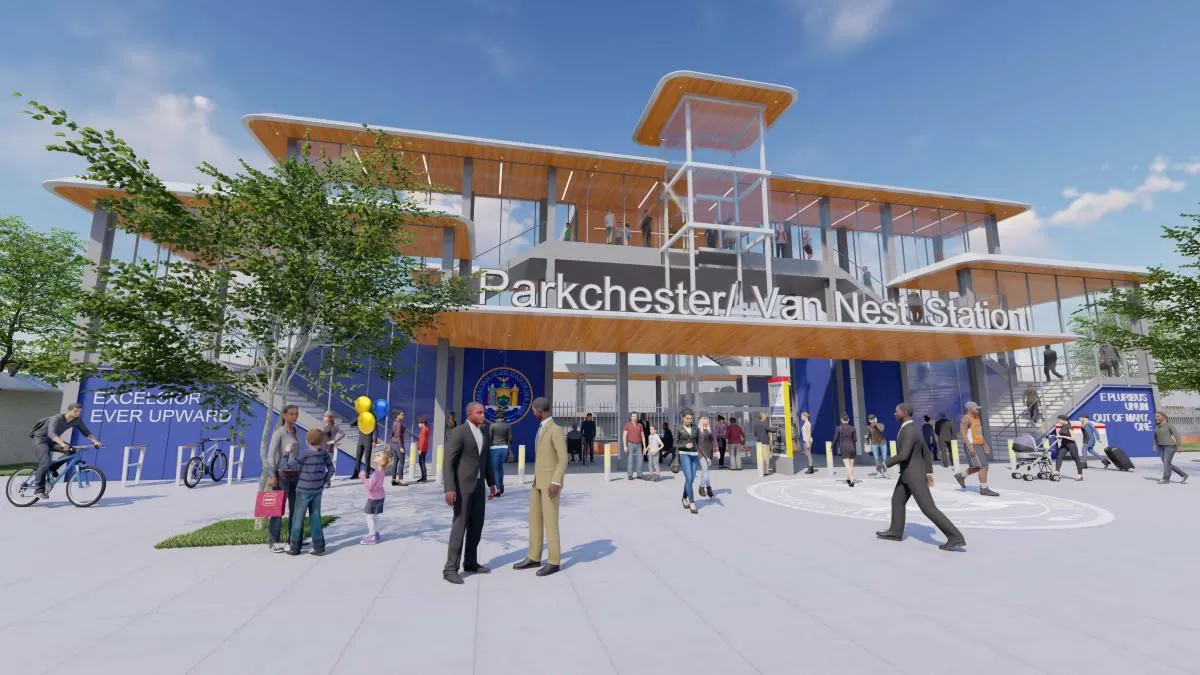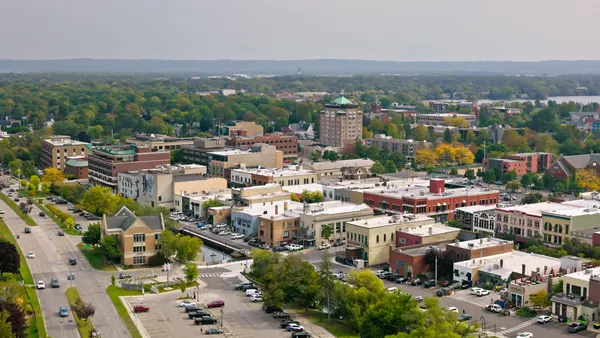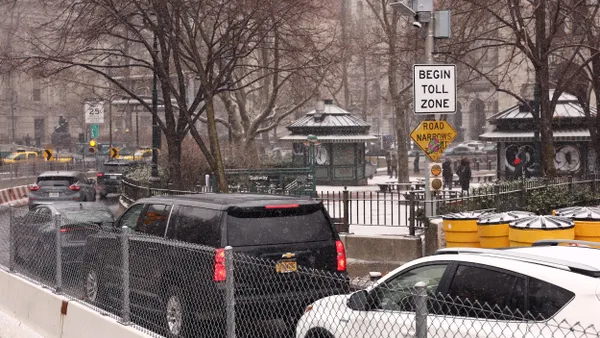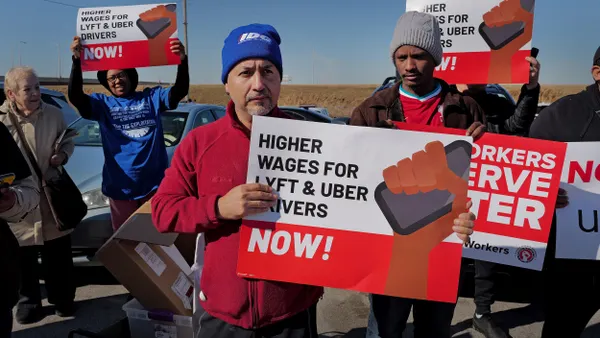Dive Brief:
- The New York City Council approved a zoning plan last week that they say will create nearly 7,000 new housing units in the Bronx borough near four commuter train stations slated for the area. The East Bronx, where the new stations will be built, is often considered a “transit desert.”
- The zoning plan allows residential development in areas currently zoned for commercial and manufacturing uses. The city also plans to make approximately $500 million in capital investments for pedestrian infrastructure, renovations to parks and playgrounds and upgrades to local public schools.
- Construction on the stations began in 2022. Work along the existing Amtrak line through the Bronx — part of its New York City-Boston route — started last year, which will enable the MTA’s Metro-North New Haven Line trains to serve Penn Station in Manhattan, also connecting Bronx residents with points north in New York’s Westchester County and Connecticut.
Dive Insight:
The Bronx has the highest poverty rate of the city’s five boroughs at 24.4%, according to a 2022 report by the New York State comptroller. Relatively little affordable housing has been built in the Bronx from 2014 to 2022. The zoning plan will help drive the creation of 1,700 permanently income-restricted homes, according to the New York City mayor’s office.
“This groundbreaking initiative will benefit our borough by not only creating thousands of new jobs and improving transit access for commuters, but also infusing the East Bronx with much-needed housing units as well as community resources and public space enhancements within adjacent corridors,” said Bronx Chamber of Commerce President Lisa Sorin in a statement. Bronx Borough President Vanessa Gibson called the rezoning plan “a significant step forward in addressing our housing shortage.”
The MTA’s four new train stations were expected to be finished by 2027. But the impact of the state’s halt of the congestion pricing plan for Manhattan on the transit agency’s capital investment program is still unclear. The MTA said at its June board meeting that without funding from the program, it would have to defer $16.5 billion in planned projects. During the July 31 board meeting, MTA Chief Financial Officer Kevin Willens said the organization has not yet incorporated the effects of the congestion pricing pause but would update the board at its November meeting.












